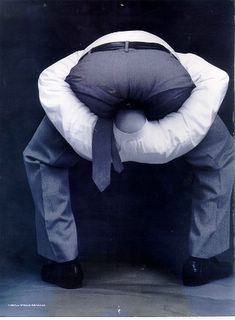The Iraq story: how troops see it
By
Mark Sappenfield Staff writer of The Christian Science Monitor
Like many soldiers and marines returning from Iraq, Mayer looks at the bleak portrayal of the war at home with perplexity - if not annoyance. It is a perception gap that has put the military and media at odds, as troops complain that the media care only about death tolls, while the media counter that their job is to look at the broader picture, not through the soda straw of troops' individual experiences.
Yet as perceptions about Iraq have neared a tipping point in Congress, some soldiers and marines worry that their own stories are being lost in the cacophony of terror and fear.
"We know we made a positive difference," says Cpl. Jeff Schuller of the 3rd Battalion, 25th Marines, who spent all but one week of his eight-month tour with Mayer. "I can't say at what level, but I know that where we were, we made it better than it was when we got there."
It is the simplest measure of success, but for the marine, soldier, or sailor, it may be the only measure of success. In a business where life and death rest on instinctive adherence to thoroughly ingrained lessons, accomplishment is ticked off in a list of orders followed and tasks completed. And by virtually any measure, America's servicemen and women are accomplishing the day-to-day tasks set before them.
It happened one day when he was on patrol. Out of nowhere, a car turned the corner and headed down the alley at full speed. "A car coming at you real fast and not stopping in Iraq is not what you want to see," says Mayer. Yet instead of jumping in his truck, he stood in the middle of the street and pushed the kids behind him.
The car turned. Now, Mayer and Schuller can finish each other's sentences when they think about the experience. "You really start to believe that you protect the innocent," says Schuller. "It sounds like a stupid cliché...."
"But it's not," adds Mayer. "You are in the service of others."
For Mayer, who joined the reserves because he wanted to do something bigger than himself, and for Schuller, a third-generation marine, Iraq has given them a sense of achievement. Now when they look at the black-and-white pictures of marines past in the battalion headquarters, "We're adding to that legacy," says Schuller.
This is what they wish to share with the American people - and is also the source of their frustration. Their eight months in Iraq changed their lives, and they believe it has changed the lives of the Iraqis they met as well. On the day he left, Mayer gave his "girlfriend" a bunch of pens - her favorite gift - wrapped in a paper that had a picture of the American flag, the Iraqi flag, and a smiley face. The man with the lighter asked Schuller if he was coming back. He will if called upon, he says.
Whether or not these notes of grace and kindness are as influential as the dirge of war is open to question. But many in the military feel that they should at least be a part of the conversation.
Says Warner of reaching an overall verdict:
"I'm not sure that reporting on terrorist bombings with disproportionate ink is adequately answering that question."http://www.csmonitor.com/2005/1128/p01s02-usmi.htmlI side with the soldiers' version of their experiences.






















